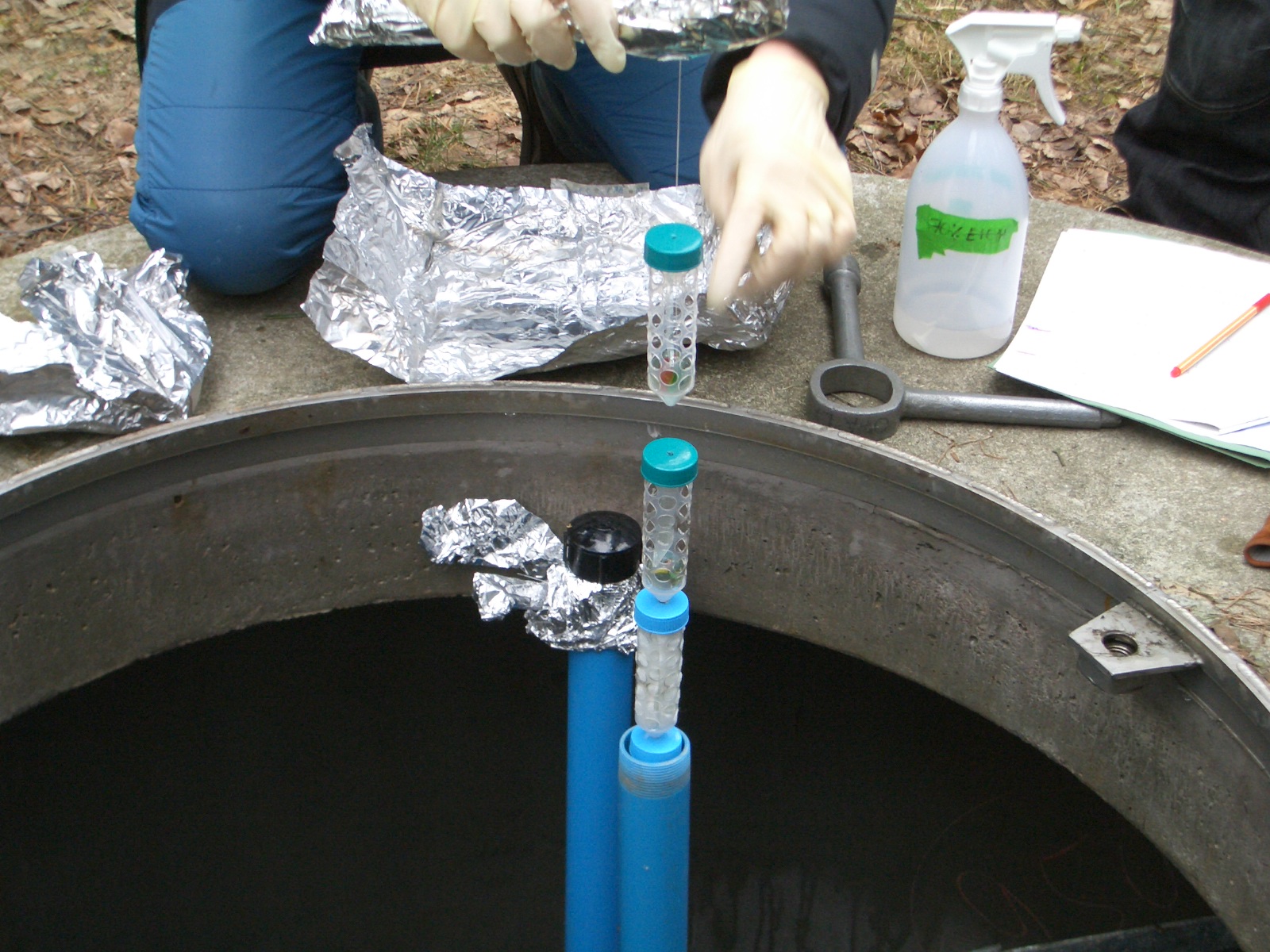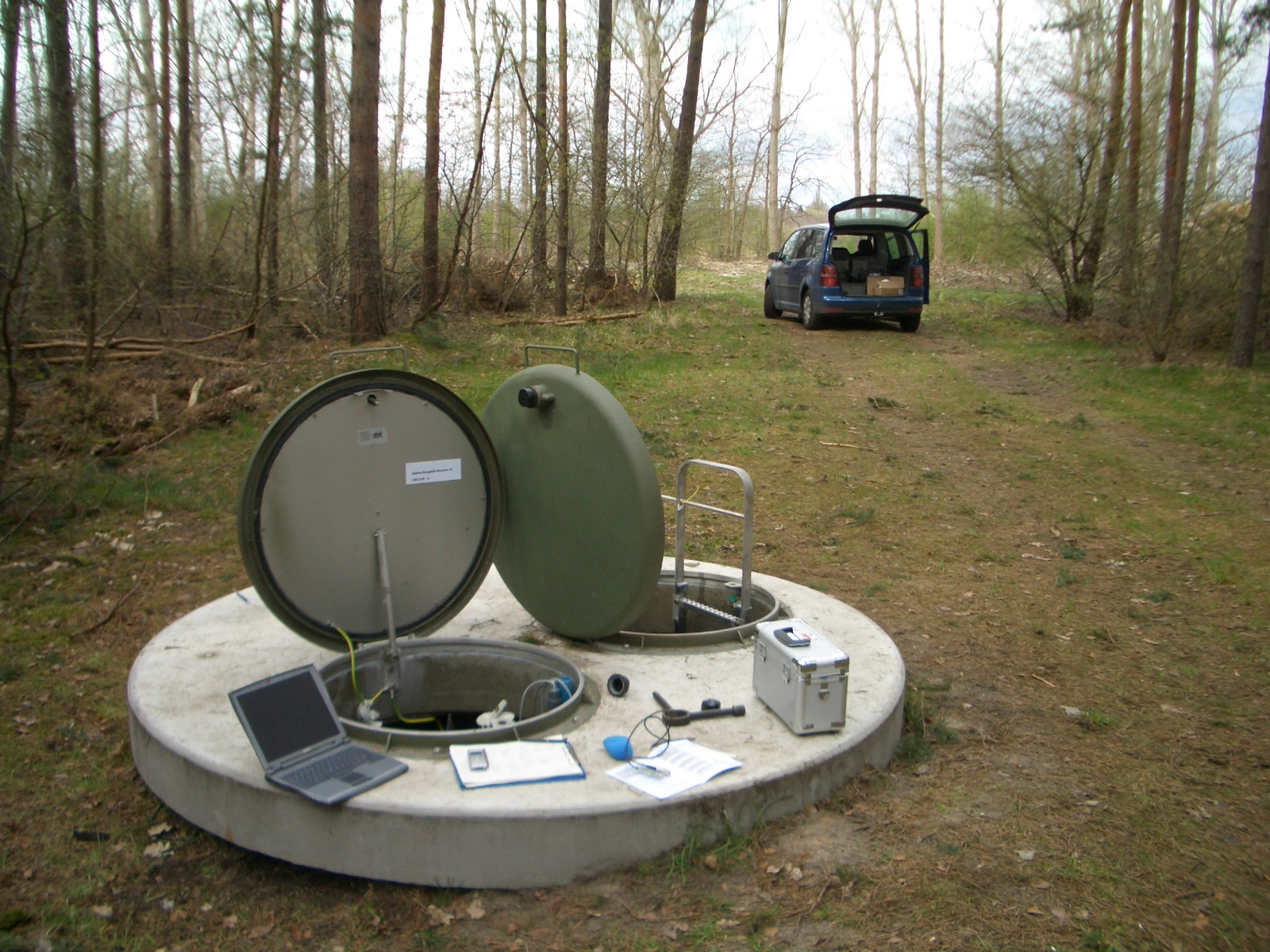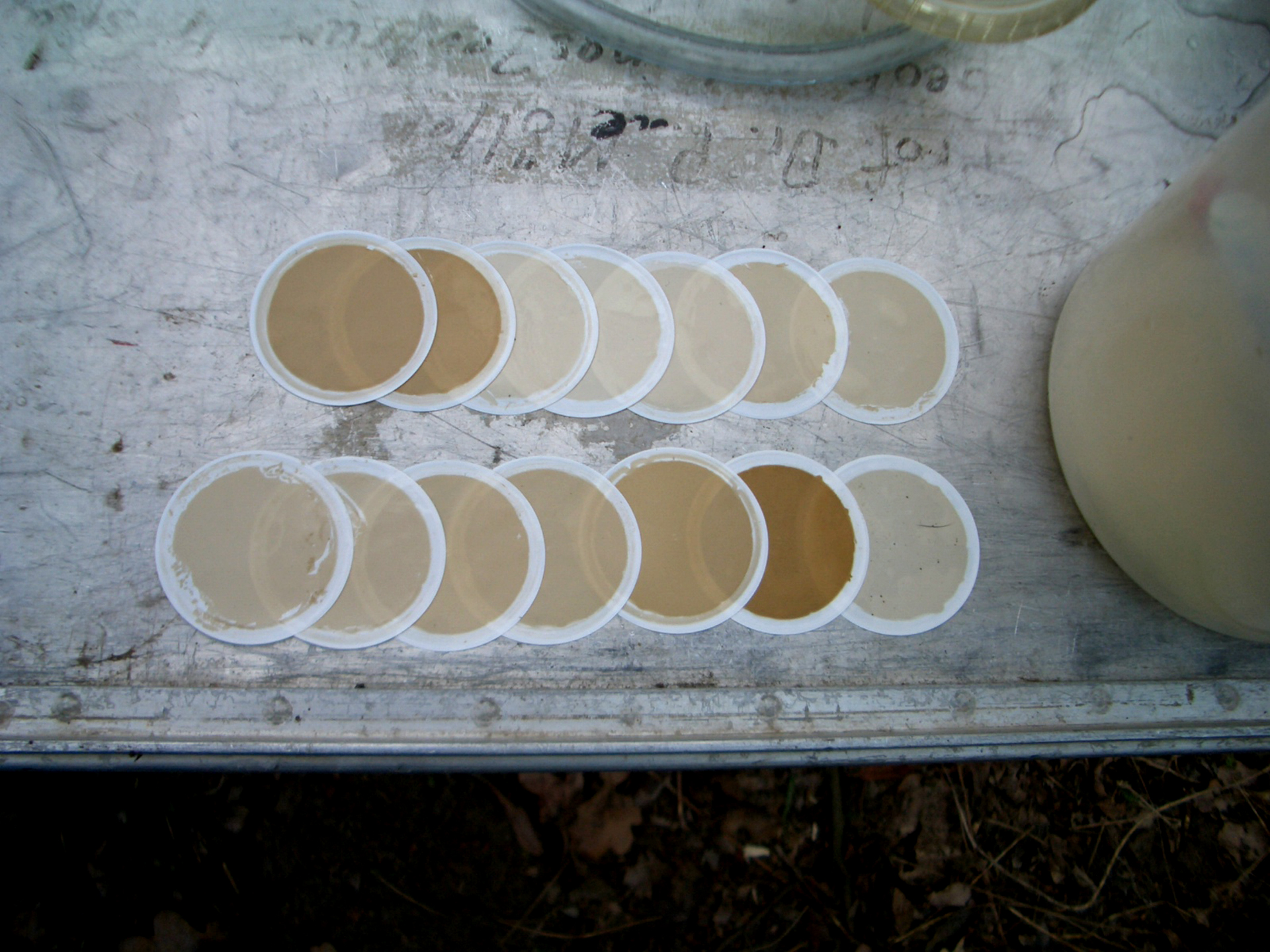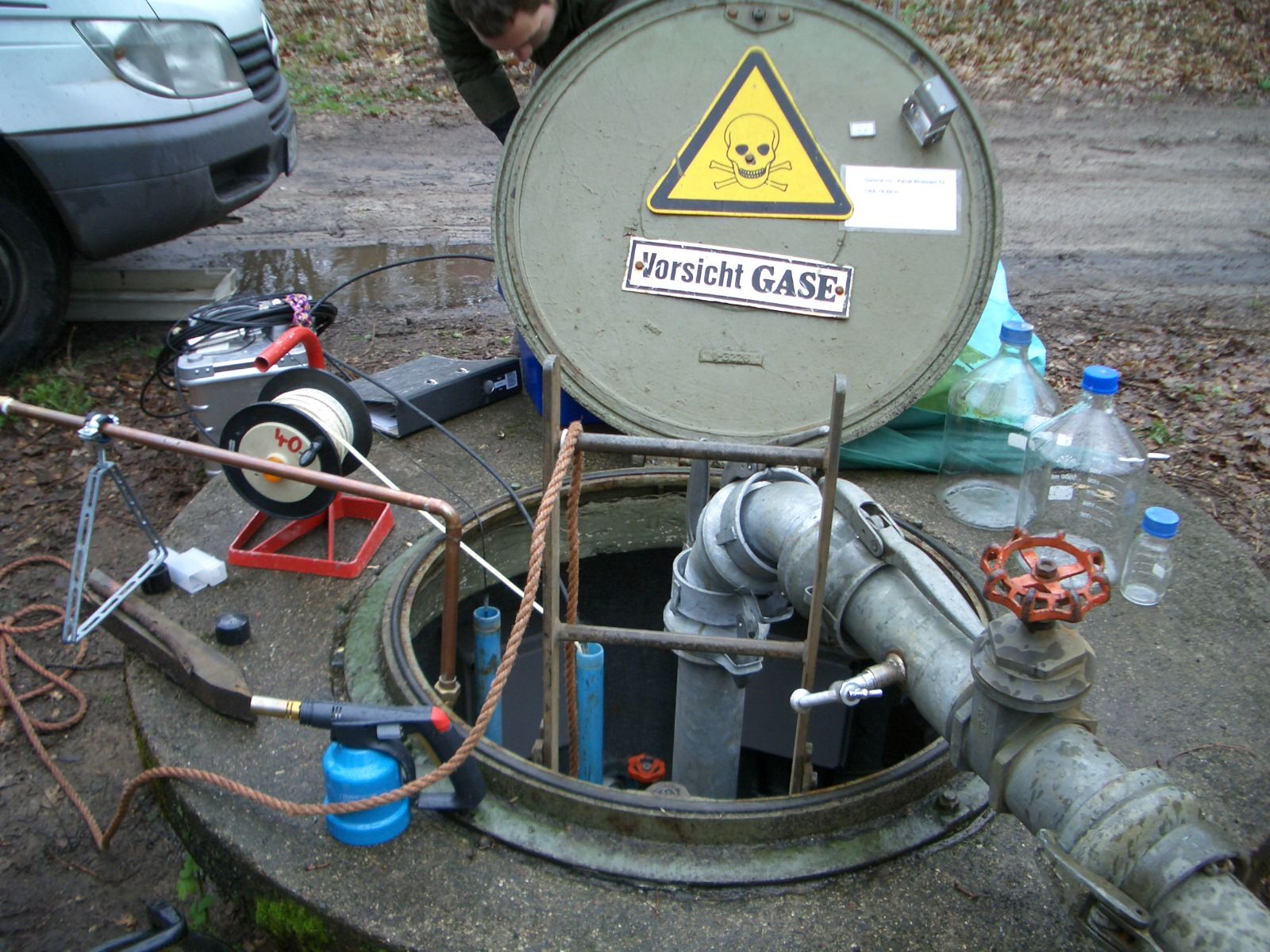Operation and Maintenance of Drinking Water Wells - Phase 1
The capacity of drinking water wells, that is the yield for a given drawdown, is often decreasing after a certain time of operation. This effect is called well ageing and is due to different processes related to the geology and hydrochemistry at any given well site and to the construction and operation of these wells.
To avoid impacts on water quantity and quality, operation and maintenance must be planned individually to schedule maintenance intervals and choose the most reliable methods with regard to (i) given conditions, (ii) well performance and (iii) cost effectiveness of the chosen methods.
Within the proposed first phase of the project, the current state of the art concerning well management is evaluated. Four work packages are defined: 1) on diagnosis of well ageing and distinction of the different clogging types, 2) on maintenance planning and maintenance methods, 3) on prevention and preservation of well performance and 4) on the impacts of well construction and operation on the water quality.
This first part of the project will serve to establish the basis for extensive field investigations and experiments to be carried out at selected wells.
Block error: "Call to a member function resize() on null" in block type: "references"

- EXTENDED SUMMARY Project acronym: WellMa1
- RÉSUMÉ ÉTENDU Projet: WELLMA1
- Advanced statistical analyses of well data.
- State of the art of (1) The distinction of well ageing types and their extension; (2.1) Monitoring and diagnosis; (2.2) Maintenance; (3.1) Well design and construction and (3.2) Operation
- Identification of sources, pathways into a well and prevention from the risk of having pathogens entering abstraction wells





